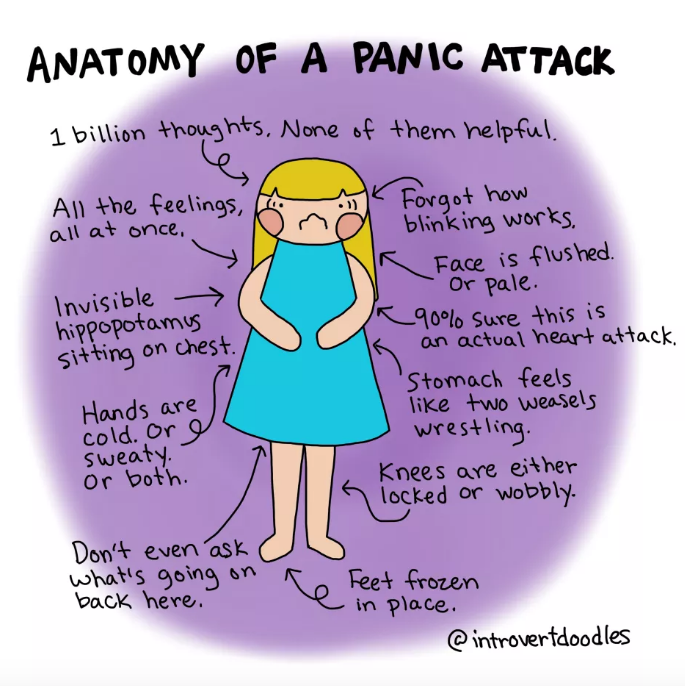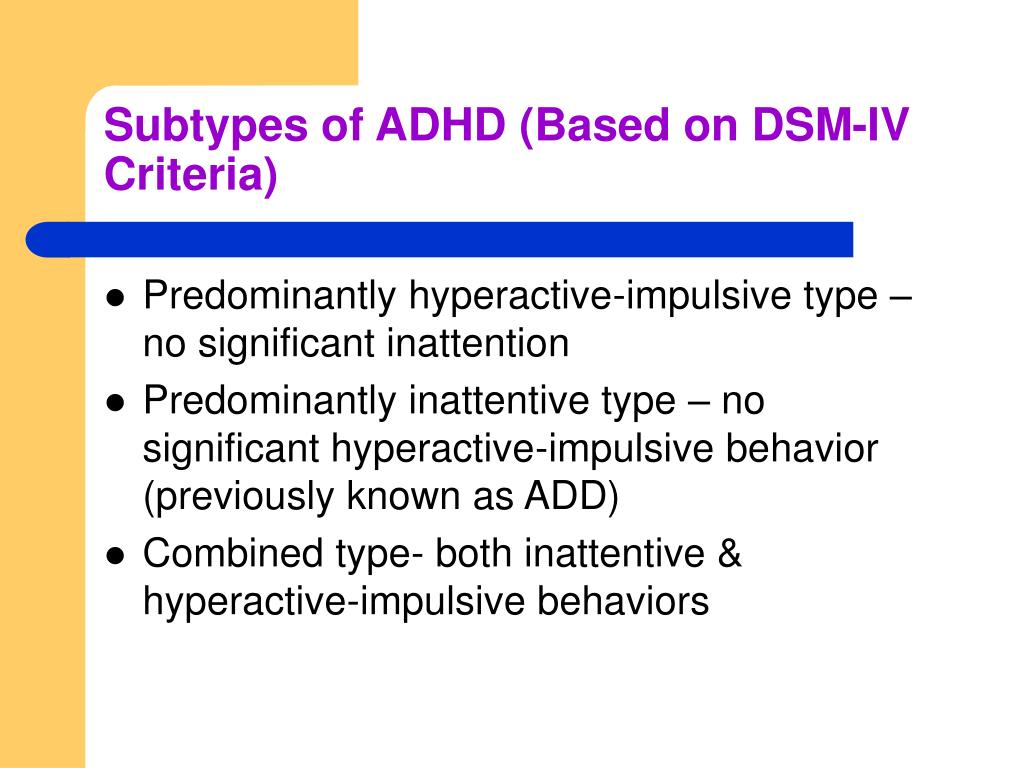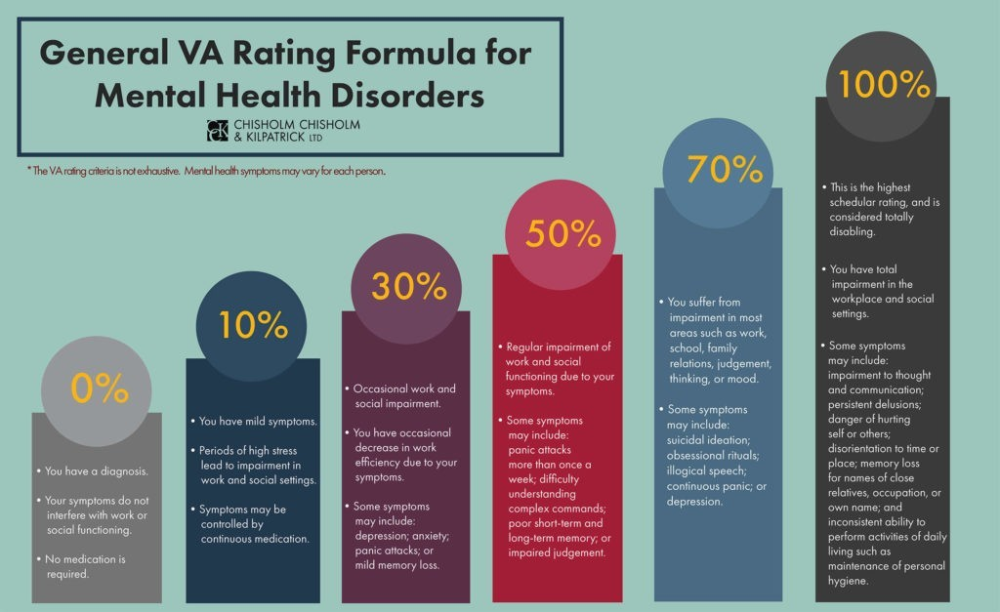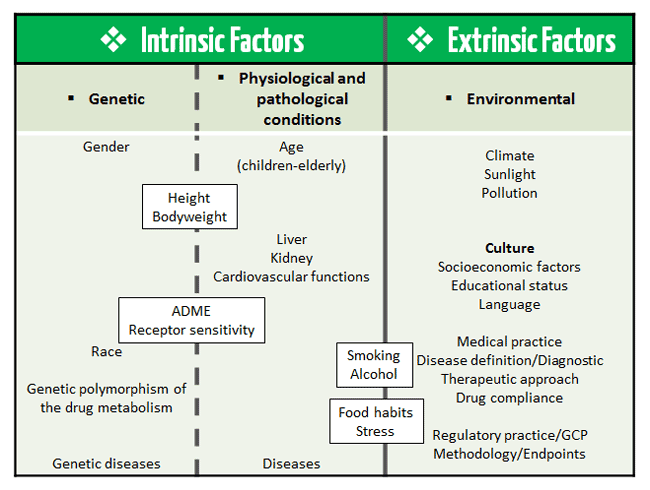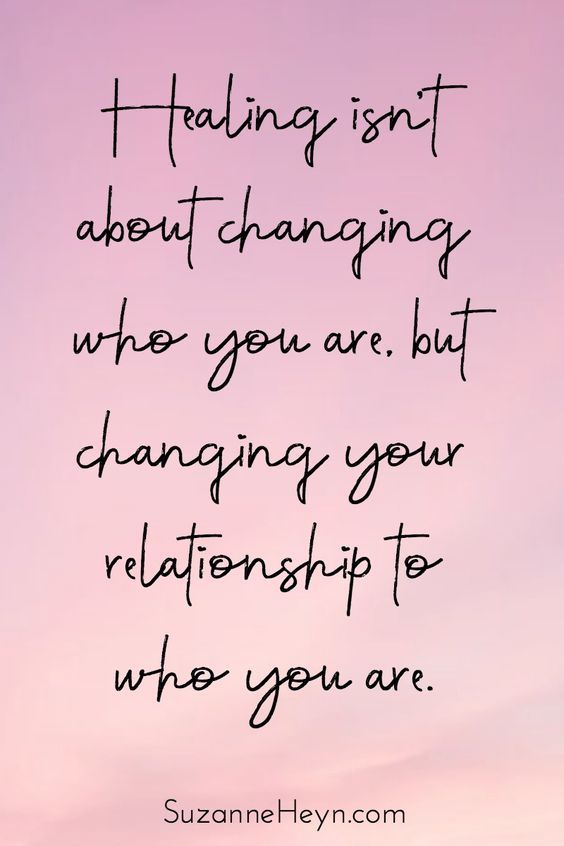Introverts and stress
How Introverts Experience and Deal with Stress
If you’re an introvert, your contemplative nature can make you prone to stress. Coping is possible by keeping your strengths in mind.
Personality traits, like introversion and extroversion, can influence how you experience and manage stress levels.
“Introverts may internalize stress to the point where those around them may not even know that they are feeling stressed,” says Heidi McBain, an online licensed therapist in Texas.
As an introvert, you may have to work harder at reaching out for help, says McBain, because you may not inherently share your emotions and thoughts with others.
Often, avoiding specific situations is how introverts handle stress. Not doing so can result in overwhelm.
Stress management is essential and possible if you’re an introvert. You could begin by identifying the greatest sources of stress for you.
What causes an introvert to stress may be the same things that cause anyone stress. But these three scenarios may be the greatest stressors when you live with introversion:
1. Lack of opportunity for quiet time
A 2015 study found that introverts have larger gray matter in the prefrontal area of the brain. This area involves thinking functions such as thought processing, decision making, planning, and other processes.
The larger size is a result of introverts spending more time engaged in these activities, according to the study. In other words, introverts spend a lot of time planning, evaluating, and just thinking in general. They use this part of the brain more often.
This may be one of the reasons introverts need more quiet, alone time. This allows them to think things through and plan.
Not finding the time or opportunity to engage in thought and mentally cope with everyday stressors on your own may increase your stress levels.
2. Not being able to avoid overstimulation
A 2005 study found that the brains of people who rated high in extraversion had a higher response to dopamine.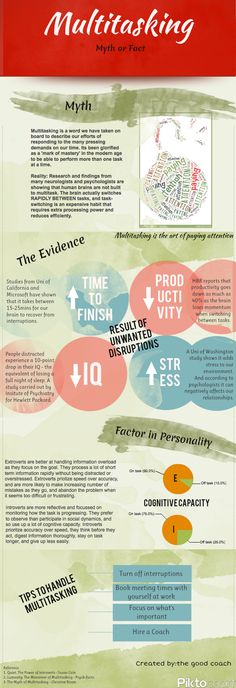 Dopamine is a natural chemical produced by the body when you experience pleasure.
Dopamine is a natural chemical produced by the body when you experience pleasure.
A 2007 study later concluded that extroverts seek “novelty” or new situations to experience the thrill of dopamine release. Introverts, on the other hand, were highly sensitive to dopamine, so tended to avoid situations that increased it.
This means that as an introvert, you may rarely feel the need to seek novelty or thrilling experiences. You may even avoid these situations. Novelty can actually lead you to feelings of overwhelm.
This could explain the tendency of introverts to avoid situations they find overstimulating. For example, large social gatherings.
Overstimulating situations, in general, may lead introverts to experience high levels of stress.
3. Not managing anxiety symptoms
Evidence points to overlapping pathways between stress and anxiety in the brain. In other words, stress and anxiety activate the same brain regions.
Introverts tend to experience more anticipatory anxiety and anxiety disorders than extroverts.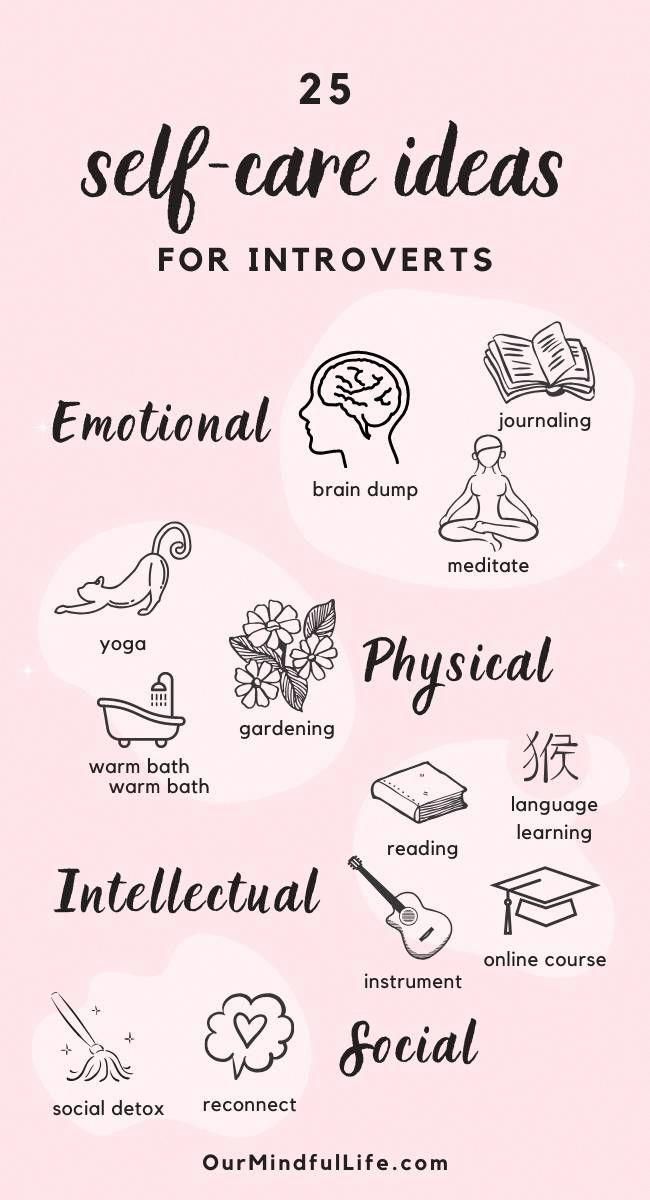
Anxiety typically means your stress response is constantly activated, even if there’s no clear cause for it.
Not treating your anxiety symptoms can mean your stress levels are typically high.
Introverts vs. extroverts
The new, unpredictable situations that extroverts long for are the very situations that may lead introverts into avoidance mode.
Being asked to speak during a meeting, a surprise party or trip, or unexpectedly running into an acquaintance at the store can feel overwhelming to an introvert.
Introverts may also experience more stress when they don’t have time to decompress or recharge themselves with some alone time.
Time alone, time to prepare for social situations, and following a plan are all ways an introvert deals with stress.
In contrast, extroverts may find too much alone time stressful because they can’t talk through their thoughts and feelings, which is how they process and manage stress.
1. Try meditation
Meditation can be a perfect tool for introverts because it allows quiet and alone time.
Meditation can help you manage stress and anxiety. It helps the brain stay focused in the present, which can be a great stress relief for introverts who tend to overthink.
With time and practice, meditation can also improve emotional regulation and reduce the physical and mental negative effects of stress.
2. Consider starting a journal
“Having an outlet for stress can also be very important, be that exercise or journaling or something else completely,” suggests McBain.
When you experience stress as an introvert, talking to other people isn’t typically your first option. This might mean you tend to keep things to yourself and overthink.
A journal can provide a place and time to express how you feel and privately work through your thoughts.
3. Saving time and space for self-care can help
“Creating time and space for self-care is very important for introverts when they internalize stress,” says McBain. Alone time gives introverts a way to relax after a stimulating day of interacting with others.
Having alone time isn’t always possible, particularly if you don’t live by yourself.
It may take more effort on your part, but try to create a relaxing space where you can be alone at the end of the day, even if for a few minutes. For example:
- a bath or shower
- listening to music on earphones while you cook
- walking a pet
Consider practicing meditation or reading a book to quiet your mind during these times.
4. Try to balance social life with boundaries
You may feel a strong pull to keep step with your extroverted friends socially and conversationally. There’s no need to put that kind of pressure on yourself.
It may be important to nurture your bonds, but you’ll also want to respect limits.
A coffee with a couple of friends once or twice a week may help you feel supported. But try not to feel guilty for saying no to a weekend trip with a large group of people or skipping a couple of weeks of social contact.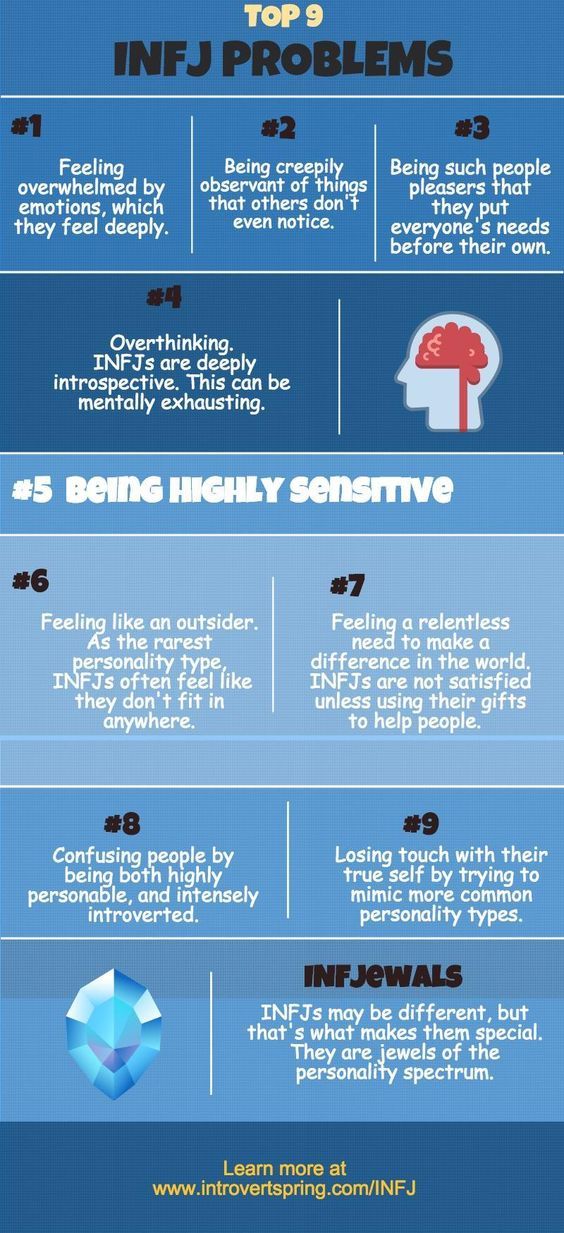
Setting boundaries may be a great stress management tool for introverts.
5. Consider therapy
“Therapy can be a great place to talk about stress in a safe environment,” recommends McBain. Sometimes, a person outside your social circle can provide the objective perspective and support you need.
6. Remembering your strengths is a good idea
It’s natural to feel uncomfortable or even defeated at work or school if your innate tendency isn’t networking or speaking up during meetings.
Your ability to listen actively and think through your answers can be some of your greatest strengths, though.
Try to be compassionate with yourself. This may start by not putting yourself down.
Novelty, not enough alone time, and not managing symptoms of anxiety can be major stressors for you as an introvert.
But handling stress is possible if you focus on your strengths, engage in self-care, set boundaries, and find alternative ways to express how you feel.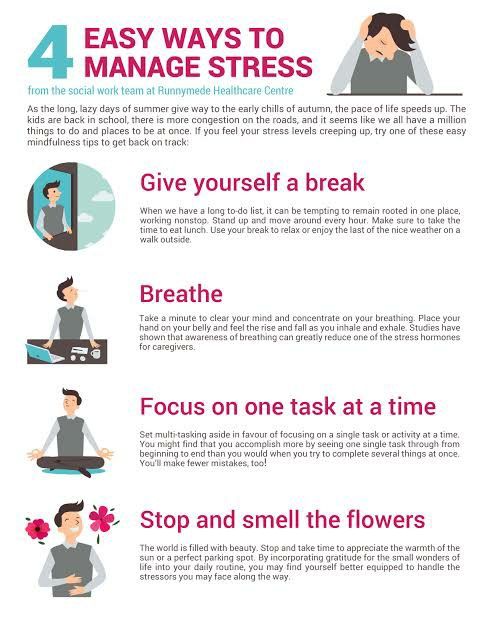
The 19 Most Stressful Experiences an Introvert Can Have
Introverts’ brains are wired a little differently than extroverts’ brains, so everyday experiences can become stressful for us “quiet ones.”
Let’s face it, life is stressful, whether you’re an introvert or an extrovert. But if you’re introverted, like 30-50 percent of the population, certain situations that seem easy for others can become very stressful for you. That’s because introverts’ brains are wired somewhat differently than those of extroverts, making them more prone to burnout, exhaustion, and overwhelm.
What daily experiences stress out introverts the most, and why? I asked the introverts who follow me on Facebook, and here’s what they told me. If these things stress you out too, you’re not alone!
1. Talking to people
“Even though I’m a singer in a band and a fairly confident person overall, sometimes it can be so hard for me to talk to people or to ask for what I want.”
2.
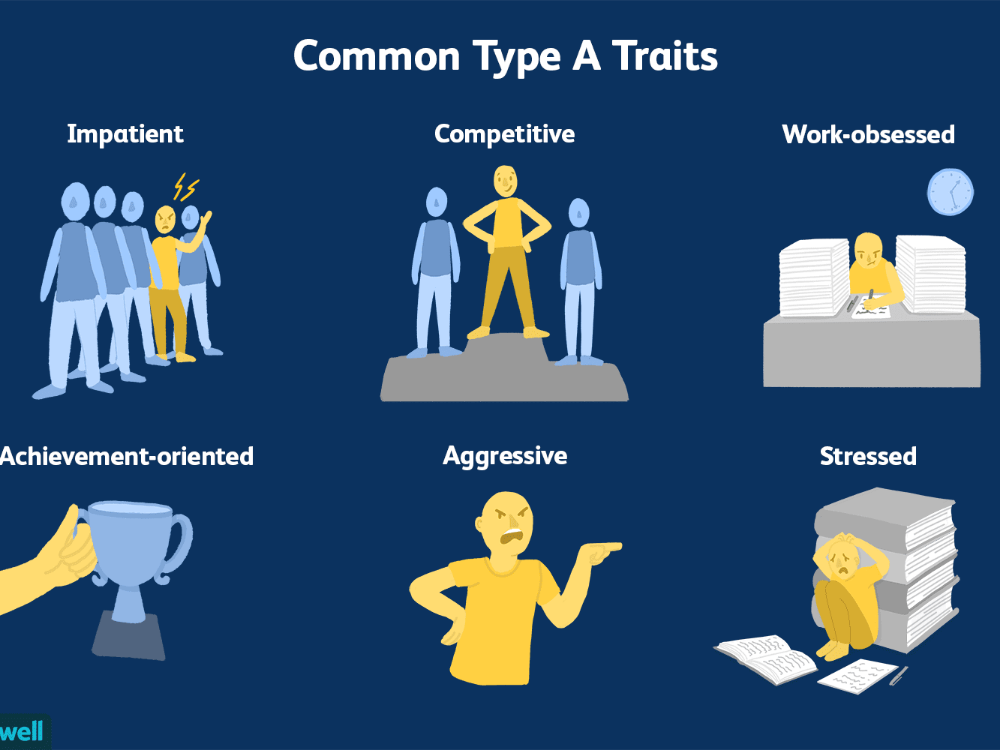 Being put on the spot, especially at work
Being put on the spot, especially at work“I can usually write a wonderful response if I’m given a bit of time, and I’m even pretty good at giving a spoken response if I’m prepared. But when a coworker or my boss demand I answer right now, my mind goes blank under the pressure, even if I’d otherwise know the answer.”
Join the introvert revolution. Subscribe to our newsletter and you’ll get one email, every Friday, of our best articles. Subscribe here.
3. Making small talk with strangers or acquaintances
“My brain shuts off and I can’t think of anything to say.”
4. Job interviews
“All the attention is on you. I also hate a lot of the general questions and really hate having to answer what my best qualities are or what makes me the best person for the job. You’re put on the spot with a question and don’t have time to think about your answer — and introverts need that processing time!”
5. Phone calls… to anyone about anything
“I tend to either over-explain myself in hopes of avoiding miscommunication (one of my biggest anxiety triggers), or I’m forced into silence the majority of the time because the person on the other end is a talker.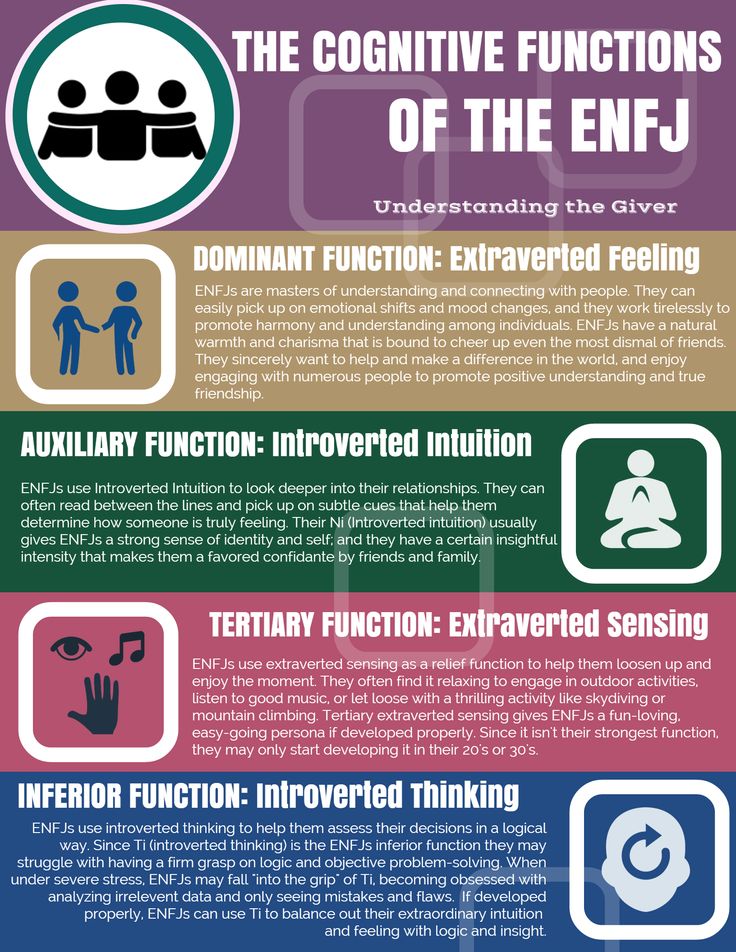 So I feel awkward. Silence over the phone is waaayyy more awkward than in-person silence (which I love).”
So I feel awkward. Silence over the phone is waaayyy more awkward than in-person silence (which I love).”
6. Meeting new people, especially when the first impression really counts
“I have a few good friends, and they easily see the real me. But as an introvert, it takes a while for my real personality to come out around people I don’t know well. When I meet someone new, I inadvertently come across as closed off, distant, or even stuck up — and this really sucks, especially when you’re trying to make a good impression! Because I know I do this, I put extra pressure on myself, and even then, I finding myself overthinking about the interaction afterward.”
Do you ever struggle to know what to say?
As an introvert, you actually have the ability to be an amazing conversationalist — even if you’re quiet and hate small talk. To learn how, we recommend this online course from our partner Michaela Chung. Click here to check out the Introvert Conversation Genius course.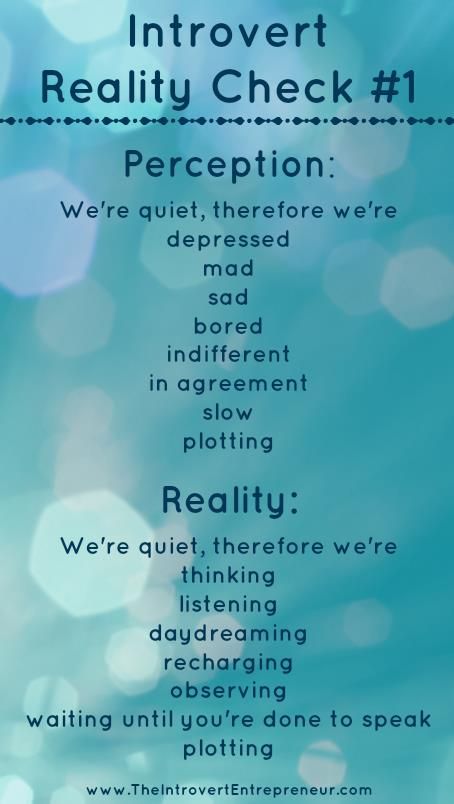
7. Having to deal with people when you haven’t had time to decompress
“When I work long stretches in a row and have to deal with coworkers and customers while running on fumes, it becomes incredibly stressful.”
8. People who drop by unannounced
“Even though I may enjoy that person’s company, I still need time to mentally prepare to be ‘on’ to socialize. Please give me a heads up before you come to my home or drop by my office. I promise you’ll get a better interaction out of me because I won’t be so flustered.”
9. When people ask very direct personal questions
“I know that some mean well, but it feels like interrogating, plus I find it hard to express myself verbally to certain people.”
10. Group projects and all the drama associated with them
“So many times I’ve asked to do it myself instead.”
11. Speaking in front of a large group
“My mind goes blank, I stumble over my words, and I hate having so many eyes looking at me.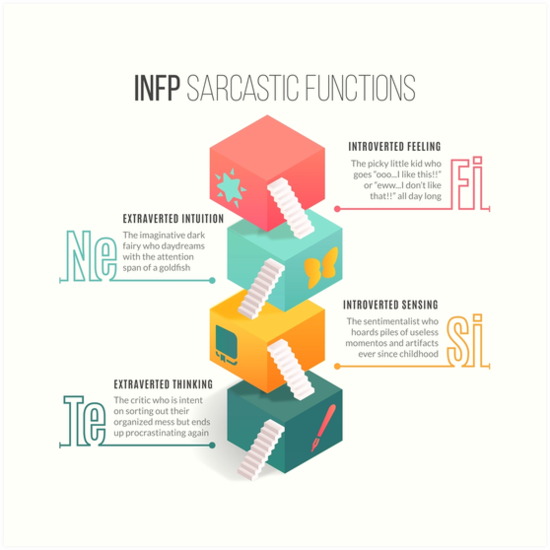 ”
”
12. Having to give someone negative feedback
“As a highly sensitive introvert, my empathy kicks in and prevents the words from coming out. It feels entirely unnatural and requires a titanic amount of effort. I want to make sure I’ve considered every angle, that I’m being fair and considerate. Speaking feels premature, even after weeks of preparation or contemplation.”
13. Staff meetings
“I feel like I know what I need to do and I don’t need a staff meeting to do my job. As awful as it sounds, I can only take so much of other people’s opinions and direction. I find I just want to do things my own way.”
14. Leading a meeting or discussion…
“…especially with students or other folks with little incentive to talk. As an introvert, I won’t talk just to fill the silence, so if no one else is talking, we all just kind of sit there and stare at each other.”
15. Working in an open office
“With so much noise and frequent interruptions, some days it can feel like the walls are closing in on you. ”
”
16. That moment when you realize you have to head into the extroverted world
“What’s the most stressful for me? That moment after I’ve arrived at my destination 15 minutes early (gladly) and enjoyed sitting in serene silence alone — and now I’m dreading getting out of my car and being thrown into the mix of everyone in this extroverted world. And I realize that I’ll have to do more than just blend in as highly sensitive introvert — I will have to become what they need me to be. And that’s exhausting.”
17. Networking events
“You’re expected to balance food and drink, make yourself heard over the din, be enclosed by the press of bodies, filter out all the other conversations so you can focus on what’s being said — and be brilliant and sparkling! The difficulty level goes up even more when you have to introduce someone and you can’t remember their name! Names do not stick in my brain.”
18. Confrontation of any kind
“My brain kicks into overdrive, making it almost impossible for me to think clearly, which just makes the problem even worse.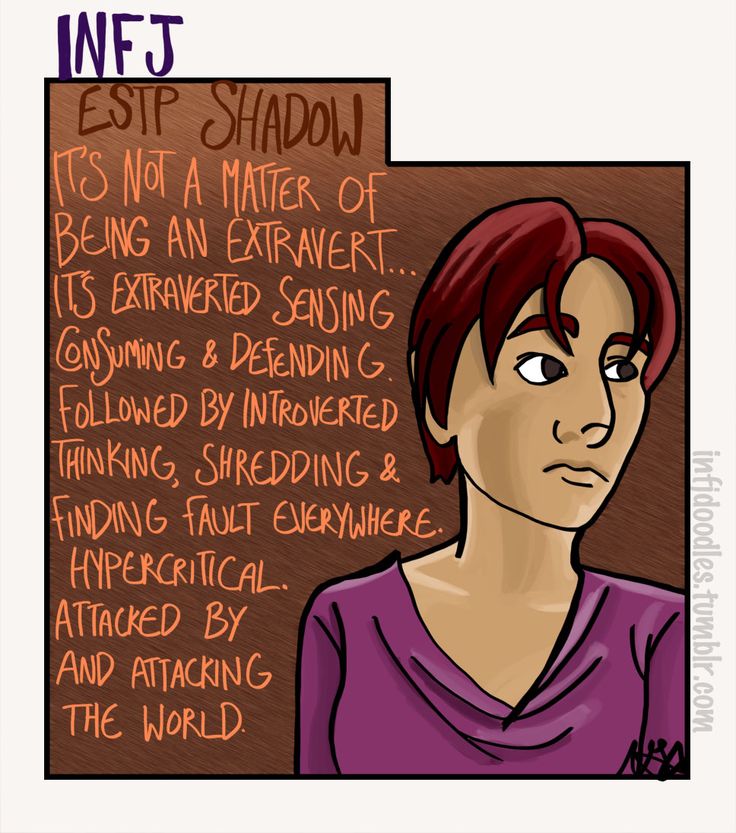 And then my mouth just starts saying anything, and I come off feeling foolish because I know I’m saying things that don’t make sense but I can’t stop myself. Afterward, I’ll be left thinking about the interaction for hours or days or even weeks.”
And then my mouth just starts saying anything, and I come off feeling foolish because I know I’m saying things that don’t make sense but I can’t stop myself. Afterward, I’ll be left thinking about the interaction for hours or days or even weeks.”
19. Dealing with people in general
“They drain me.”
Want to learn more about introverts and the stressors they face? Check out my book, The Secret Lives of Introverts.
You might like:
- 25 Illustrations That Perfectly Capture the Joy of Living Alone as an Introvert
- 12 Things Introverts Absolutely Need to Be Happy
- Telephonophobia Is the Intense Fear of Talking on the Phone, and It’s Real
This article contains affiliate links. We only recommend products we truly believe in.
90,000 11 situations in life, getting into which, introverts experience a lot of stress | Psychologist in action
Stress and introverts are practically inseparable.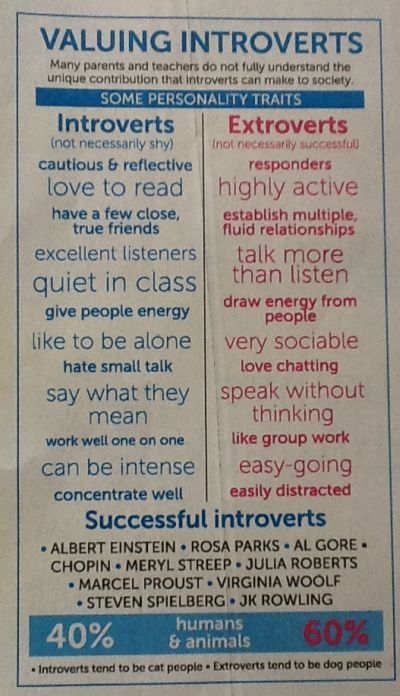 Because introverts are "different", they are more prone to burnout, emotional exhaustion and anxiety. And that's why they also tend to get stressed very easily. But most often all their fears are related to social interaction.
Because introverts are "different", they are more prone to burnout, emotional exhaustion and anxiety. And that's why they also tend to get stressed very easily. But most often all their fears are related to social interaction.
There are many situations that may seem normal, easy, and completely normal to other people, but are incredibly stressful for introverts.
I'll tell you about 11 such situations:
- Being the center of attention. Introverts do not like to draw attention to themselves and simply hate it when someone deliberately makes them notice. For them, this is stressful in any case, and it does not matter whether they are missed or ridiculed.
- Unexpected meetings. No matter with relatives, friends or strangers. If they haven’t made an appointment beforehand, then introverts will be very awkward and uncomfortable because they need to mentally prepare for meeting people and communicating with them.
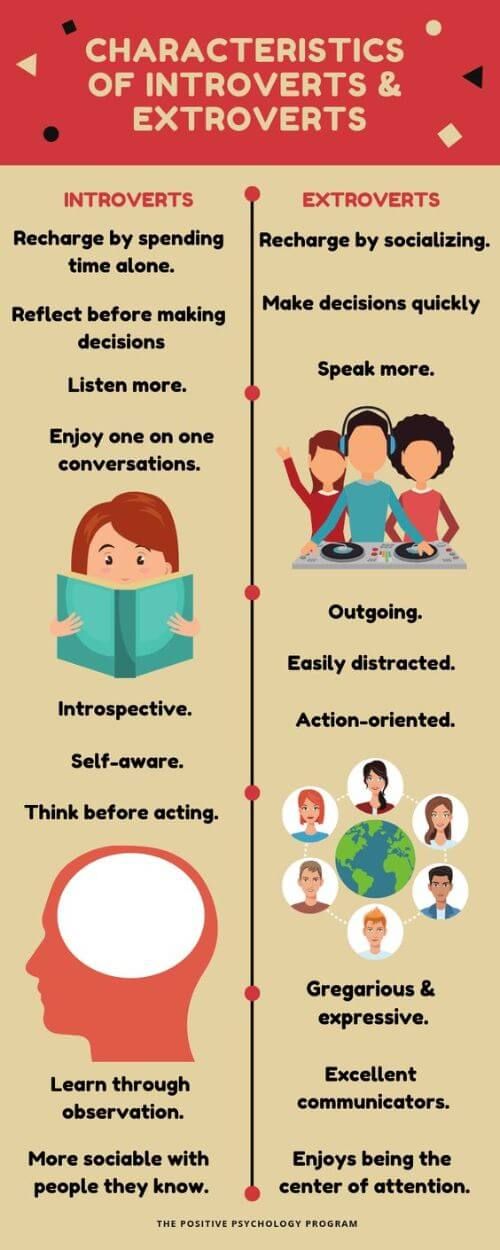
- Public speaking. When several pairs of eyes are looking at them and all attention is focused on them, it turns them off and they forget what they need to do and what they need to say. See item 1.
- Small talk, especially with people they don't know. Introverts despise meaningless conversations and try to avoid them whenever possible. But deep and meaningful conversations are what they appreciate and love (but with loved ones).
- Forced interaction with people in moments of fatigue. From time to time, introverts need breaks (remember, they burn out quickly) in order to "function" properly.
- Criticize other people. Talking about someone's shortcomings and telling them what they should and shouldn't do doesn't come naturally to introverts. This is due to the fact that introverts really do not want to offend anyone with their words. Even expressing constructive criticism is sometimes difficult for them.
- Going to parties and other noisy events .
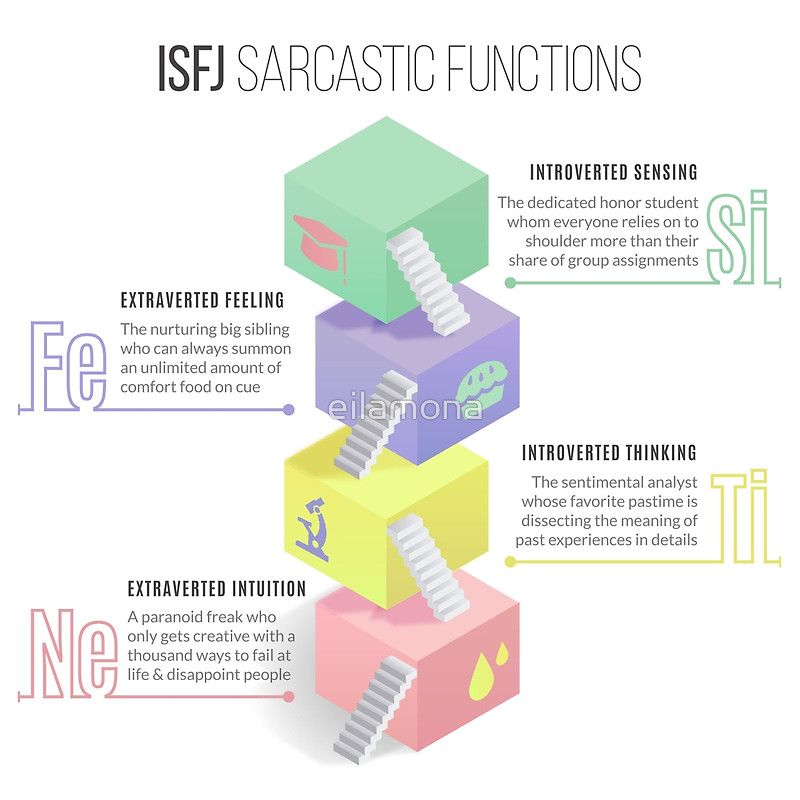 Lots of people, loud music, chaos - a nightmare for introverts. House parties and cozy quiet meetings - that's what they love.
Lots of people, loud music, chaos - a nightmare for introverts. House parties and cozy quiet meetings - that's what they love. - When strangers ask personal questions. It's not that introverts have trouble answering questions, it's just that they need to think about what they want to say and how much they want to reveal.
- Certain deadlines for doing something. In other words, deadlines. Introverts love to immerse themselves in the work and do it well, but when they are constantly under pressure to do something on time, they become confused and become even more anxious.
- Telephone and video calls. Talking does not personally exacerbate the social anxiety of introverts. It is difficult for them to concentrate and convey their thoughts or answer the interlocutor's questions. It is easier for them to communicate either in correspondence or live.
- Participation in group projects . Others would think that, on the contrary, it’s very cool, because you don’t have to do everything yourself and you can distribute responsibilities.
 But introverts will definitely not be happy. They prefer to work alone because it helps them stay in control and doesn't require interacting with a bunch of people. Also group projects make them feel overwhelmed and anxious.
But introverts will definitely not be happy. They prefer to work alone because it helps them stay in control and doesn't require interacting with a bunch of people. Also group projects make them feel overwhelmed and anxious.
Psychology Inter -Ortroveschigation
Share on social networks
You may like
90,000 is so bad to sit at home and not talk to anyone ,at the school of children are taught to perform assignments in the group, the university has a lot speak and interact with people, and team skills are highly valued at work. For extroverts, all this is completely normal, while for introverts it is stress and an extra reason for alarm. However, according to Susan Cain, author of Introverts. How to use the features of your character”, every third person you know is an introvert. In theory, this should tell us that striving for solitude is completely normal and natural, but for some reason society does not think so.
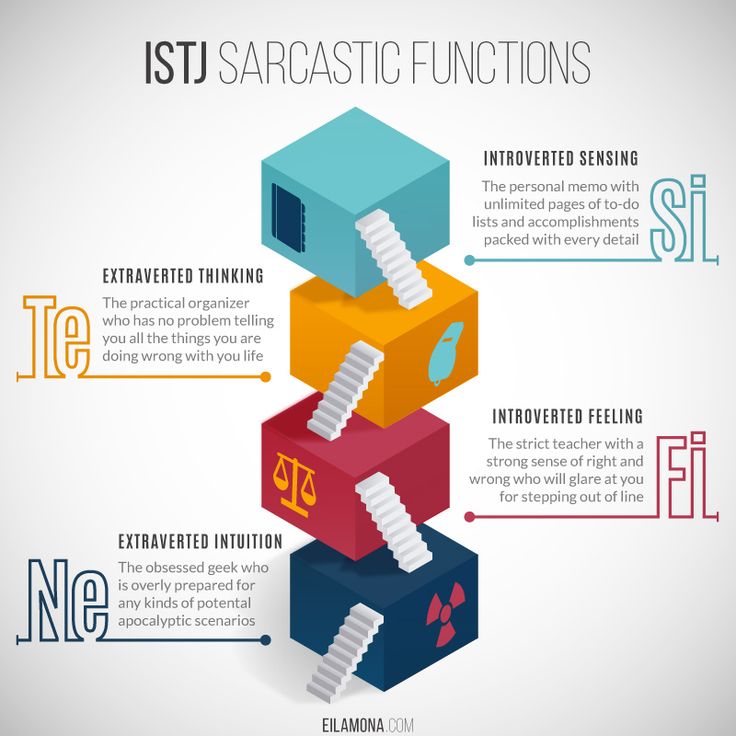 We collected the main conclusions from Susan Cain's speech, in which she talks about the advantages of introverts and why you should not be ashamed of your unwillingness to be a super communicative person.
We collected the main conclusions from Susan Cain's speech, in which she talks about the advantages of introverts and why you should not be ashamed of your unwillingness to be a super communicative person. Prejudice against introverts is deeply ingrained in our society: a child who prefers to play alone is sometimes judged by peers and encouraged by adults to be more social. As a result, from an early age we are forced to play by the rules of the world around us, which, oddly enough, is geared more towards extroverts: what are some universities with a large crowd of people or work offices with the open space format worth .
On the one hand, communication skills are certainly very important throughout life and are worth acquiring if only for the sake of not being left with nothing; on the other hand, is it worth overcoming yourself every time, renouncing the lifestyle that is close to you in order to gain more contacts, become the soul of absolutely any company, or choose noisy parties instead of a calm, quiet dinner with friends? Not really.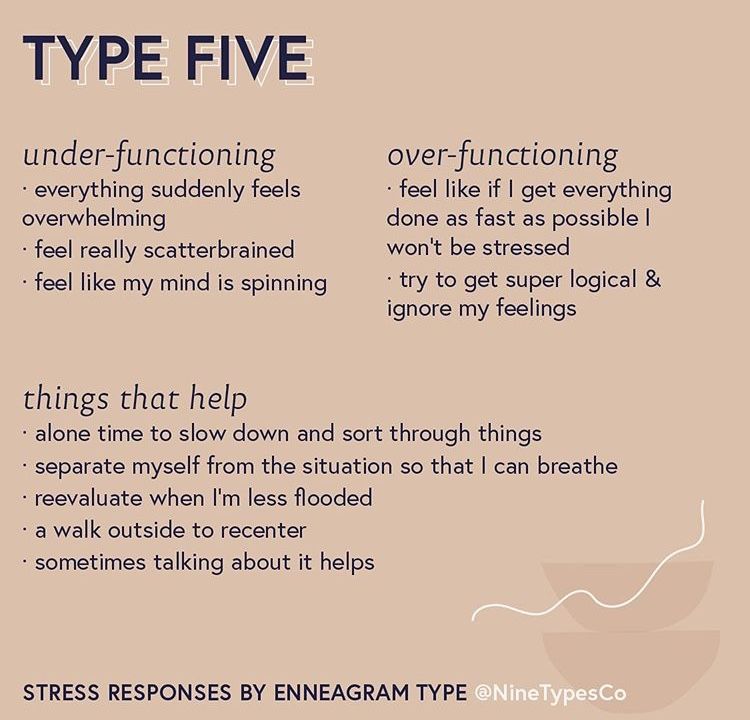 By acting in a way that is not natural for us, we risk forgetting who we really are and building our lives around activities and people that are completely not close to us. However, introverts, even if mechanically, still often continue to leave their comfort zone where it is not necessary to do this, but all because of certain stereotypes.
By acting in a way that is not natural for us, we risk forgetting who we really are and building our lives around activities and people that are completely not close to us. However, introverts, even if mechanically, still often continue to leave their comfort zone where it is not necessary to do this, but all because of certain stereotypes.
What's wrong with introverts
The first reason people don't understand how introverts survive is that we don't fully understand how introversion actually works. Some mistakenly believe that it is no different from shyness, although these two traits reflect fundamentally different states of the human psyche. Shyness is the fear of social judgment, while introversion is how we respond to cues from our environment, including interacting with people. Back at 19In the 1920s, Carl Jung said that an introvert is a person who draws energy from within himself, and not from interacting with others. He also said that in fact there are no pure introverts and extroverts, otherwise they would have gone crazy a long time ago, so there is still such a thing as ambiversion, something between extraversion and introversion.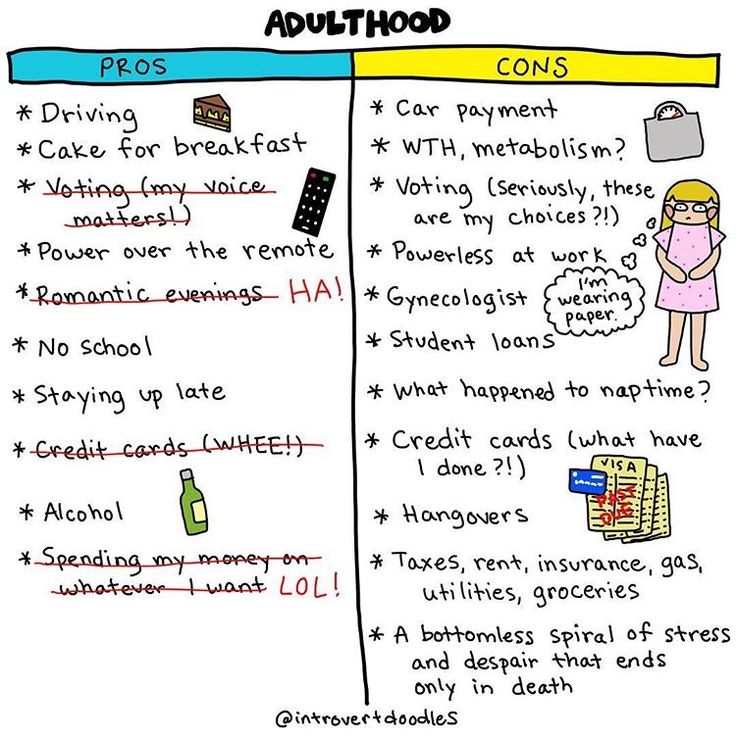 But, one way or another, many of us, albeit to varying degrees, belong to one of two types.
But, one way or another, many of us, albeit to varying degrees, belong to one of two types.
Extroverts need a lot of stimuli to feel good, while introverts, on the contrary, are more comfortable being alone
The study also showed that, for example, in the process of communication, as well as in moments of winning, extroverts produce more of the hormone dopamine than introverts. At the same time, the desire to limit contacts does not mean that the introvert will refuse to be part of the team or will not want to do his job, rather, on the contrary: he will approach more responsibly what is entrusted to him, pay attention to important details and complete the task better than the extrovert, which is often (but by no means always) sprayed into several cases at the same time.
The second reason why introverts are misunderstood and sometimes even condemned is the belief that creativity and productivity are only possible when jobs are tightly clustered.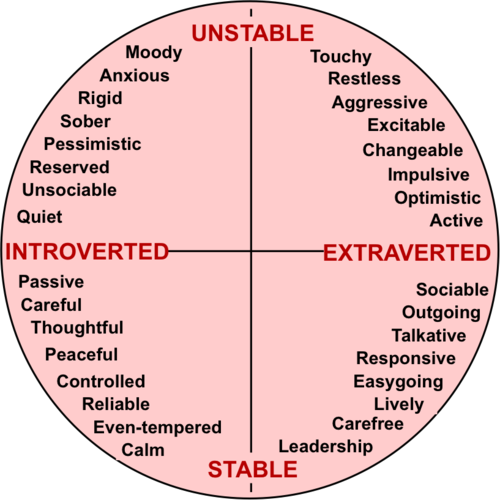 Accordingly, people who find it easier to find solutions and offer ideas when they are calm and alone are perceived as outcasts, and introverted children also become difficult to educate, although they simply do not want to work in a group.
Accordingly, people who find it easier to find solutions and offer ideas when they are calm and alone are perceived as outcasts, and introverted children also become difficult to educate, although they simply do not want to work in a group.
Many teachers describe the ideal student as an extrovert, which is ironic since introverts tend to be more well-read and get better grades. One study confirmed that the prefrontal cortex of introverts is thicker than that of extroverts, indicating depth of thought and a tendency to plan.
According to Susan Cain, introverts also rarely become leaders, which is not good, because due to the desire to plan work and life in general, they are less impulsive, and therefore not prone to thoughtless risk and emotional decision making. A study by Professor Adam Grant of the Wharton Business School showed that introverts can be good leaders for active and independent workers who do not need to be inspired or motivated to take initiative. An introvert leader can listen carefully and delegate complex interesting tasks to other employees, while an extrovert is more likely to “suffocate” with his presence, activity and unintentional inspiration with his own ideas.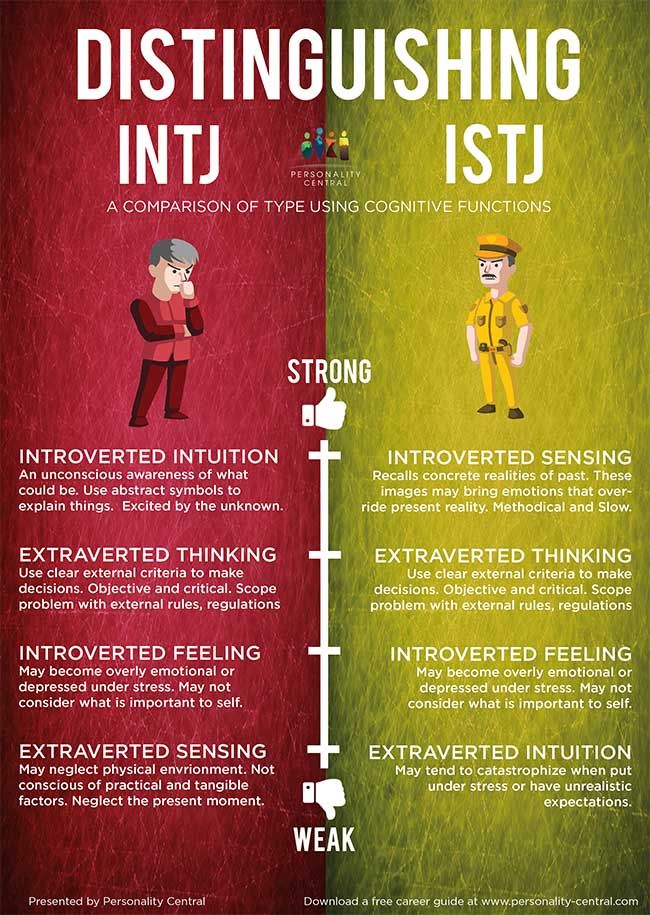
Or are they okay?
The fact that introverts make up 30-50% of the population already suggests that being less social than other people is not at all a shame, because it does not affect whether you will be successful in your career or personal life. Mark Zuckerberg, Abraham Lincoln, Warren Buffett and many other world famous personalities positioned themselves as introverts, and Bill Gates once said in one of his public speeches: "If you are smart, you can find advantages in your introversion."
Charles Darwin spent a lot of time alone in the woods and refused dinner parties with enviable regularity, and Theodor Geisel, known as Dr. Seuss, a children's book author and cartoonist, invented many of his characters while sitting in the backyard of his house in California. He also avoided meeting children who read his books, because he was afraid that he would not live up to their expectations and would turn out to be too ordinary, reserved person for them.
Edition The Hustle interviewed introverts who are in leadership positions and here is how these people describe their introversion:
"An introvert is someone who prefers isolation... Someone who is not necessarily asocial, but someone who excels at internal work processes" - David Acosta, co-founder of Rebel PR
"I feel refreshed and rejuvenated when I can spend time in silence on a regular basis" - Dan Purcell, co-founder of Ever in Touch
"Being an introvert doesn't mean you're a loser or socially awkward person, it just means you need to be alone when others want to be with people." - Kevin Pasco, co-founder of Nested Naturals
In other words, introversion is not a signal that a person lacks social skills; it is likely that he has them in abundance, but he simply does not want to interact with others as often as extroverts do. Of course, you need to cooperate, otherwise the union of introvert Steve Wozniak and extrovert Steve Jobs would not have arisen, but being alone is very valuable in itself, and for some it is also vital.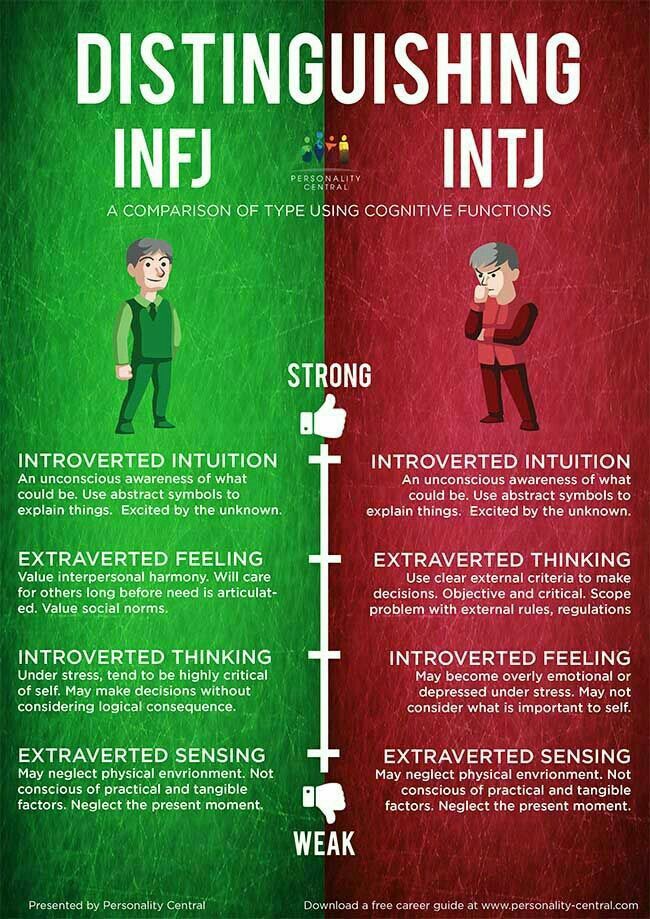
3 tips for introverts and more
Stop forcing group work on people
Effective work can only be achieved by creating an easy and relaxed communication style for each employee. Meeting and sharing ideas, solutions is good for both extroverts and introverts, but by putting too much emphasis on working together, we forget to pay due attention to personal life, freedom and independence. Likewise in schools: we must teach children to communicate and solve problems together, but in the same way we must teach them to think for themselves.
Be alone with nature
Of course, you don't have to renounce social life and start building yourself a hut in the depths of the forest, but it won't be superfluous to periodically disconnect from the outside world in order to be alone with yourself, your feelings and thoughts. Introverts, who are forced to be more social, need this as much as extroverts: it can be beneficial for any person to pay attention exclusively to themselves and understand what is going on in their own head.